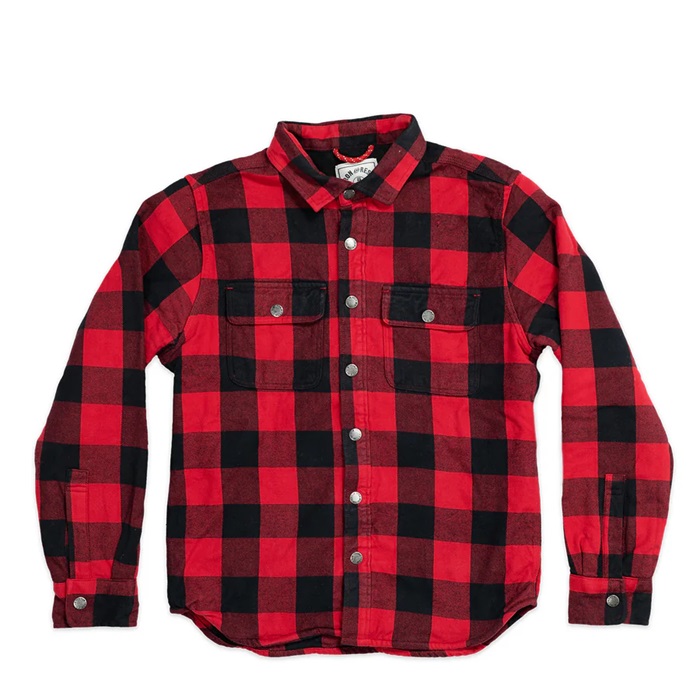Nick Charles
Practically Family
- Messages
- 989
- Location
- Sunny Phoenix
I don't now if this has been discussed before. What are they primary types of straw for hats. I know palm straw and , the good panamas. But what is milan straw and sisal straw? Are there benifits to any?[huh]


